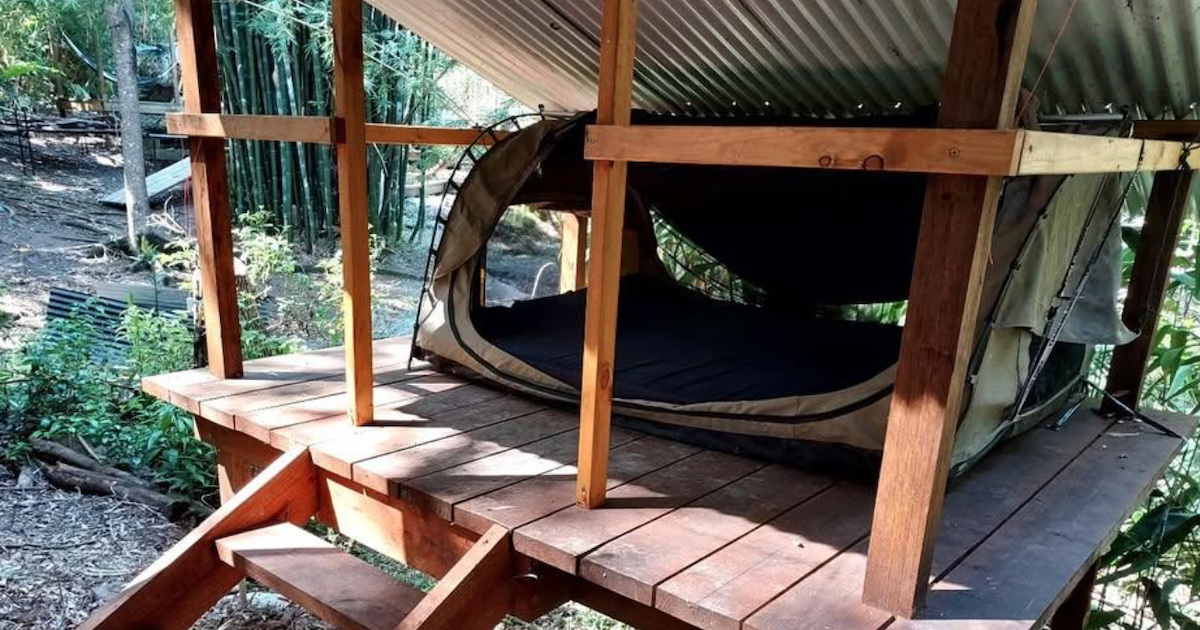Marsh goes batty
By Lachlan Ellis
You might have seen bats flying overhead at night if you live in Bacchus Marsh, and a local bat expert has explained where they’re coming from.
Meaghan Scott is a local wildlife rescuer and carer, and said the grey-headed flying foxes spotted throughout March had come south for the warm weather, and would likely remain here for the next few weeks, before heading back north.
“Generally around about October or November, they’ll generally migrate from New South Wales and Queensland where it’s warmer, down to Victoria. I’m not entirely sure why they’ve chosen that Bacchus Marsh/Darley area, but there are a few colonies around the state in Geelong, Werribee, Kew, Darley and Bendigo,” Ms Scott told the Moorabool News.
“Over the next few months they tend to migrate back to the warmer climates as it gets cool here. The majority of the colonies will move north to New South Wales and Queensland, and then the cycle happens again.”
While Bacchus Marsh’s orchards might be considered a target for the bats, Ms Scott believes the more likely food source locally is pollen.
“They’re able to fly out in a sort of 60 to 100 kilometre radius, so I’m guessing there’s a good enough food source with eucalypts and stuff around, which they pollinate. Without them we wouldn’t really have the trees, and other species like koalas reliant on forests. So, they’re pretty important for our ecosystem,” she said.
“My understanding is their preferred source of food is pollen, so our native vegetation. I haven’t had any rescues this year for the Bacchus Marsh area in terms of netting, though they do have to sometimes rely on people’s backyard fruit trees where there’s unfortunately some illegal netting they get entangled in.
“The weather’s been a bit crazy, so we’re seeing later season pups. I visited a different colony near Bairnsdale and there’s been some late pups coming into care…so I think climate change is really having an effect on the bats. But I imagine they [the bats in Bacchus Marsh] will move off in the next few weeks or months.”
Ms Scott says powerlines and netting are two major threats to flying foxes.
If you encounter a flying fox caught in netting or that needs a rescue, contact BADGAR on 1300 223 427, or Wildlife Victoria on 03 8400 7300.



















